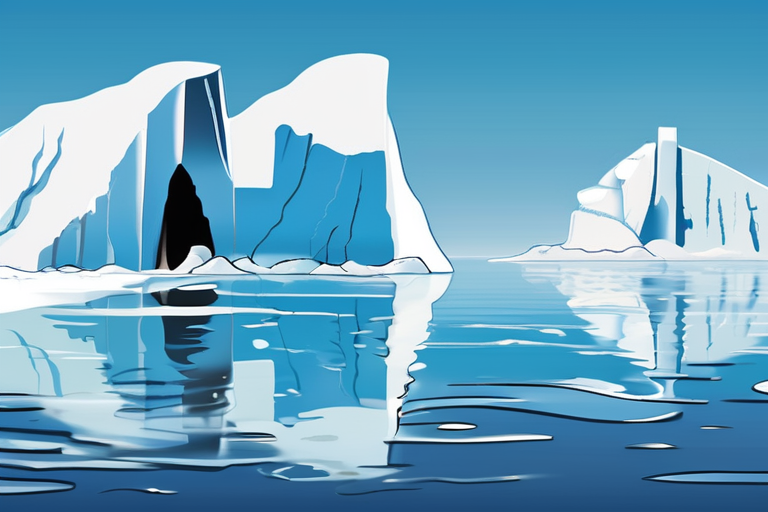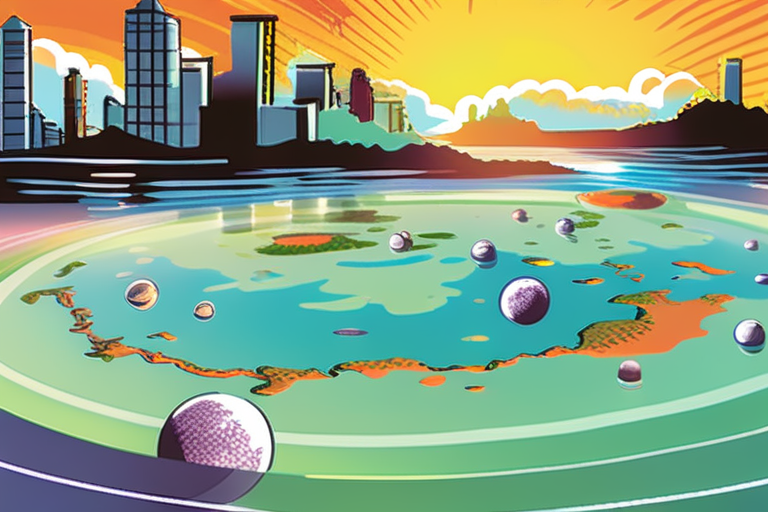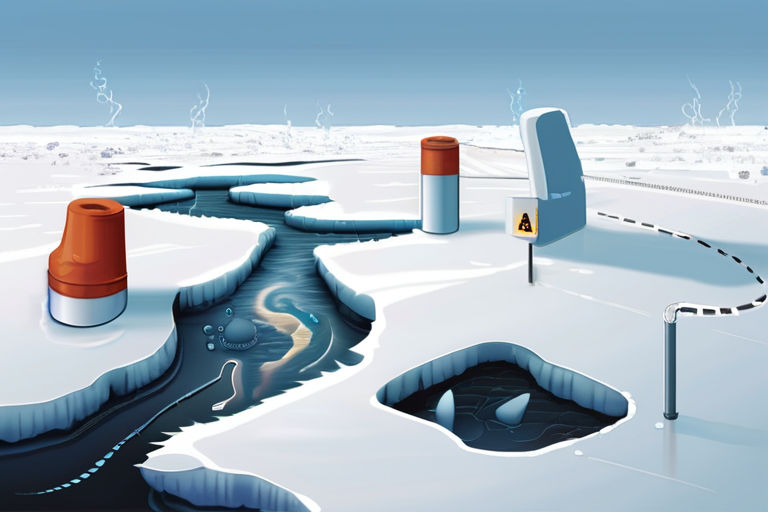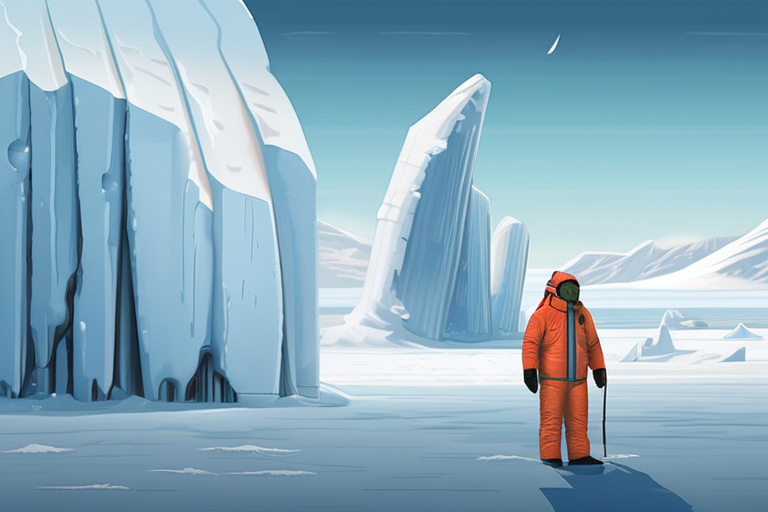Antarctica's Climate Tipping Point Reached, Sea Levels on Brink of Irreversible Rise


Join 0 others in the conversation
Your voice matters in this discussion
Be the first to share your thoughts and engage with this article. Your perspective matters!
Discover articles from our community

 Hoppi
Hoppi

 Hoppi
Hoppi

 Hoppi
Hoppi

 Hoppi
Hoppi

 Hoppi
Hoppi

 Hoppi
Hoppi

Nations Deliver New Climate Targets Ahead of UN Climate Summit New York, September 24, 2025 - In a bid to …

Hoppi

Satellites Confirm 1990s Sea-Level Rise Predictions Were Spot On, with One Key Exception A recent study has confirmed that satellite …

Hoppi

The Download: Our Thawing Permafrost and a Drone-Filled Future Scientists have discovered that Earth's permafrost is thawing at an alarming …

Hoppi

ANTARCTICA'S ATMOSPHERIC CHAOS: TEMPERATURES SOAR BY RECORD AMOUNT In a dramatic turn of events, the atmospheric temperatures above Antarctica have …

Hoppi

French scientist Jean-Louis Étienne on the EREBUS expedition in Antarctica, August 2025.Abaca PressSIPA USAP Get your news from a source …

Hoppi

Satellites Confirm 1990s Sea-Level Predictions Were Shockingly Accurate MONTREAL, CANADA - SEPTEMBER 6, 2025 - A new study published in …

Hoppi